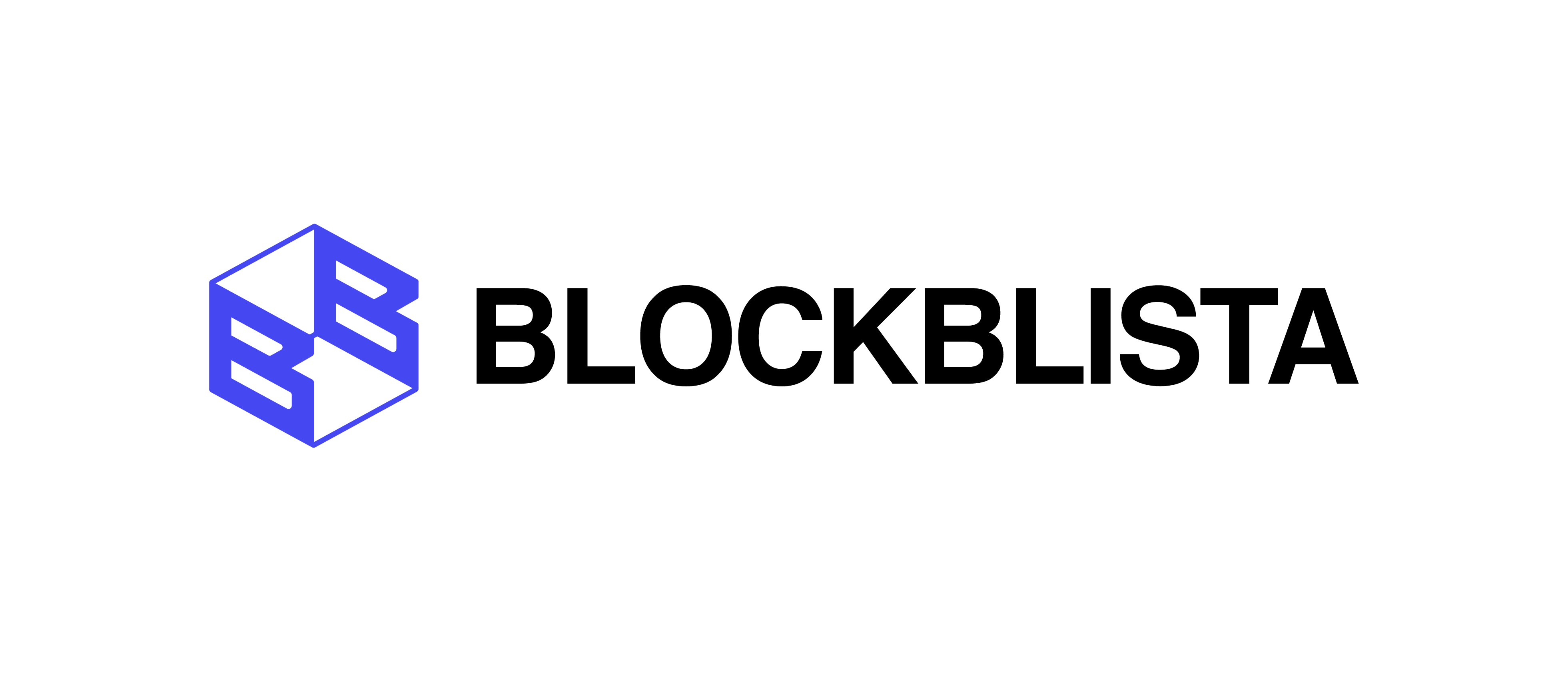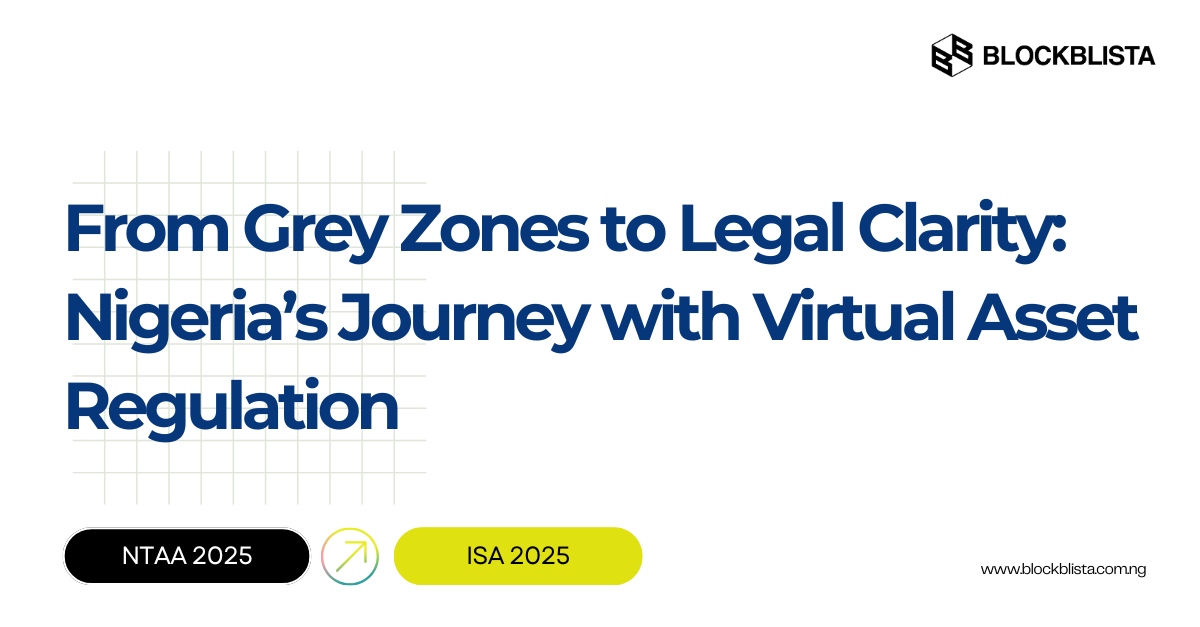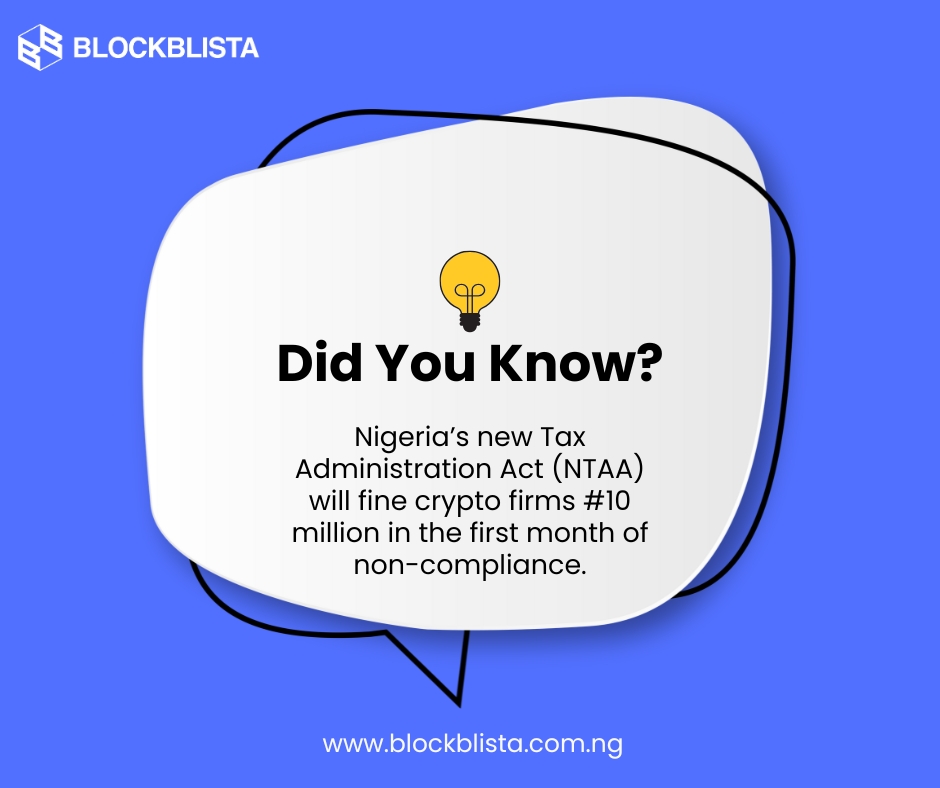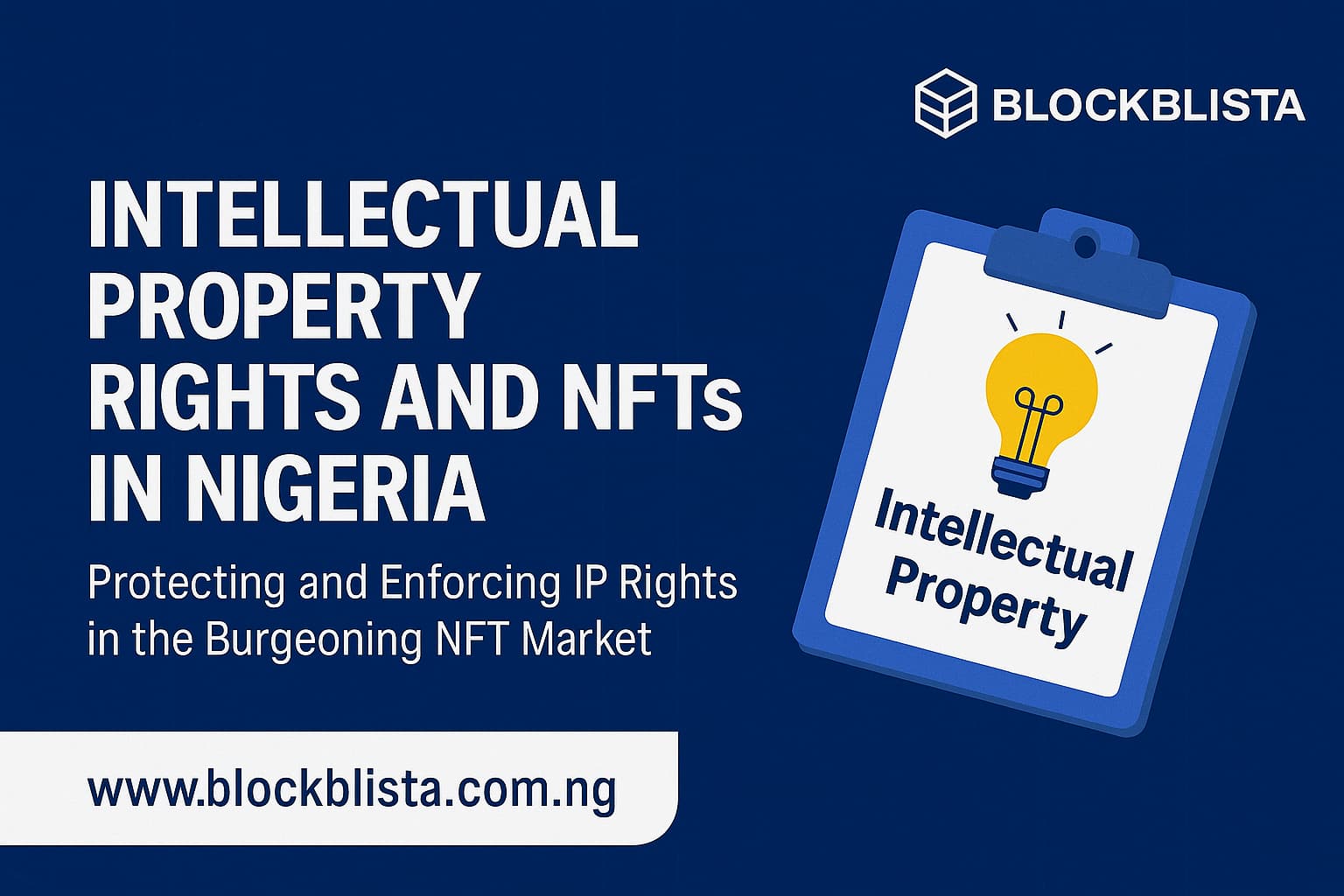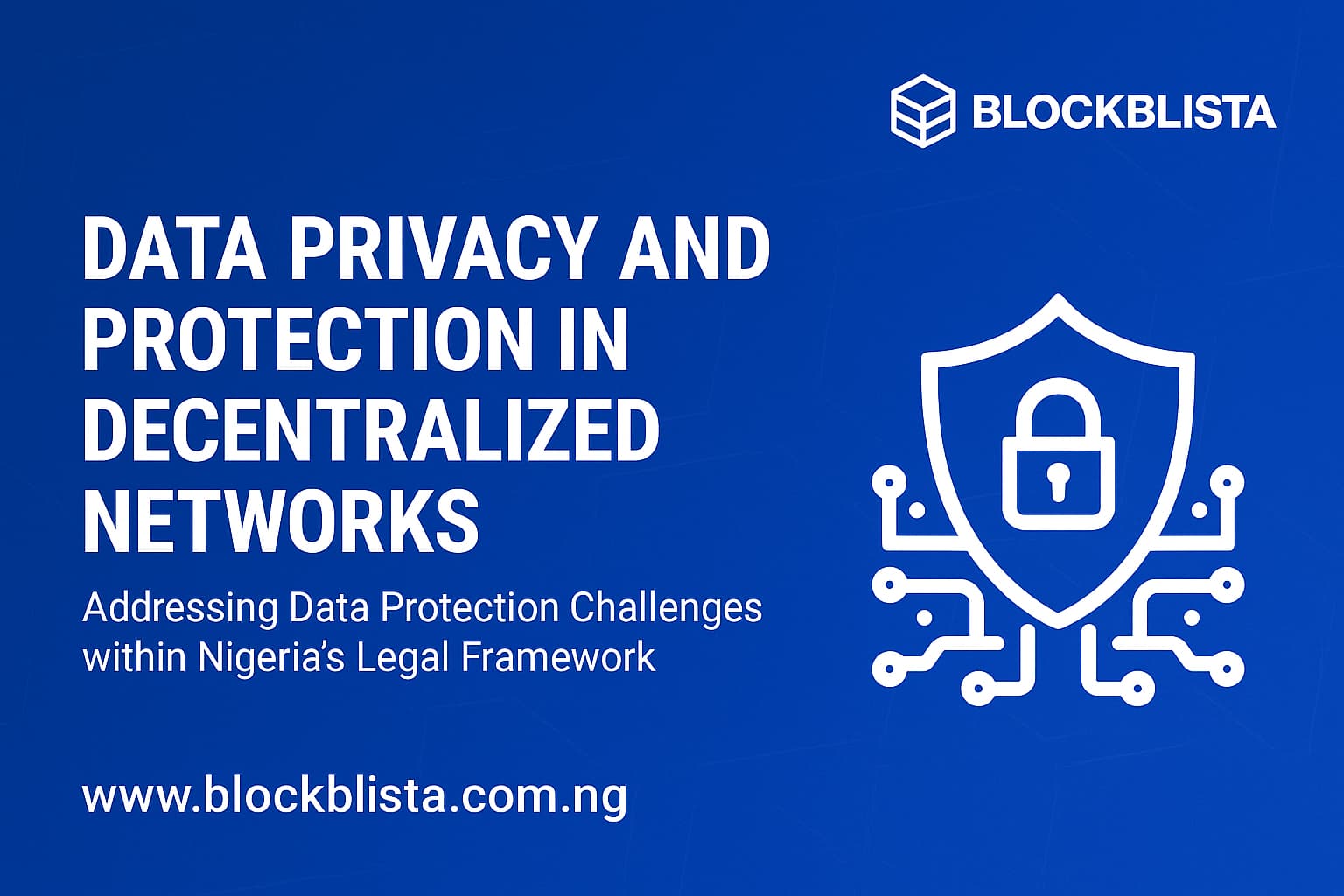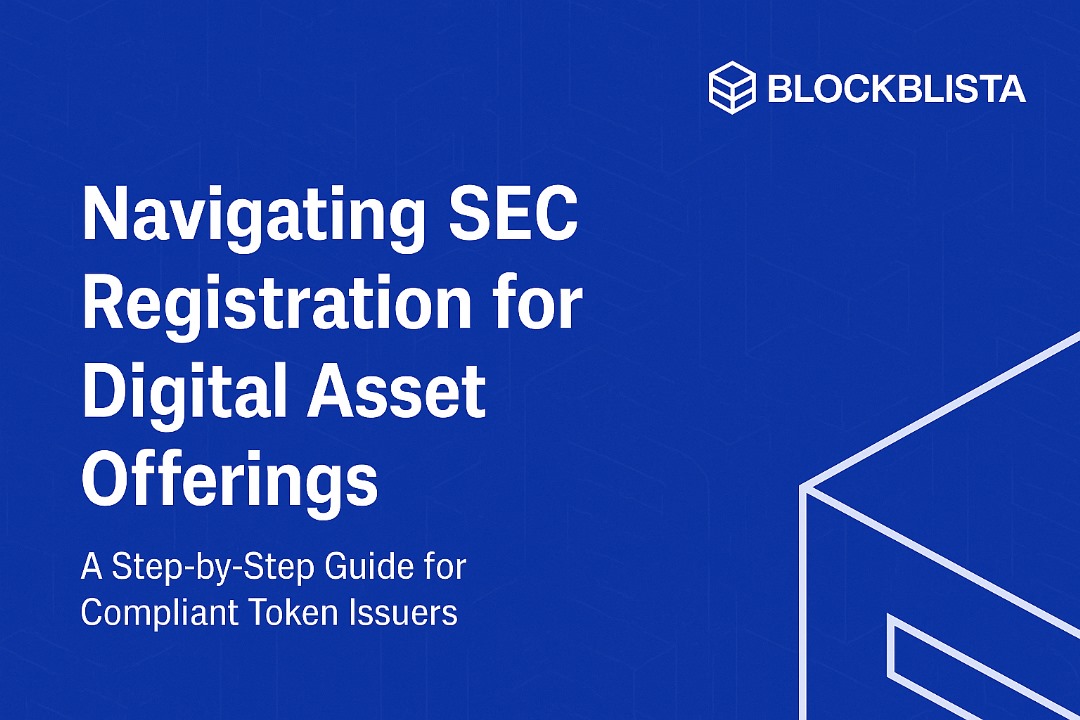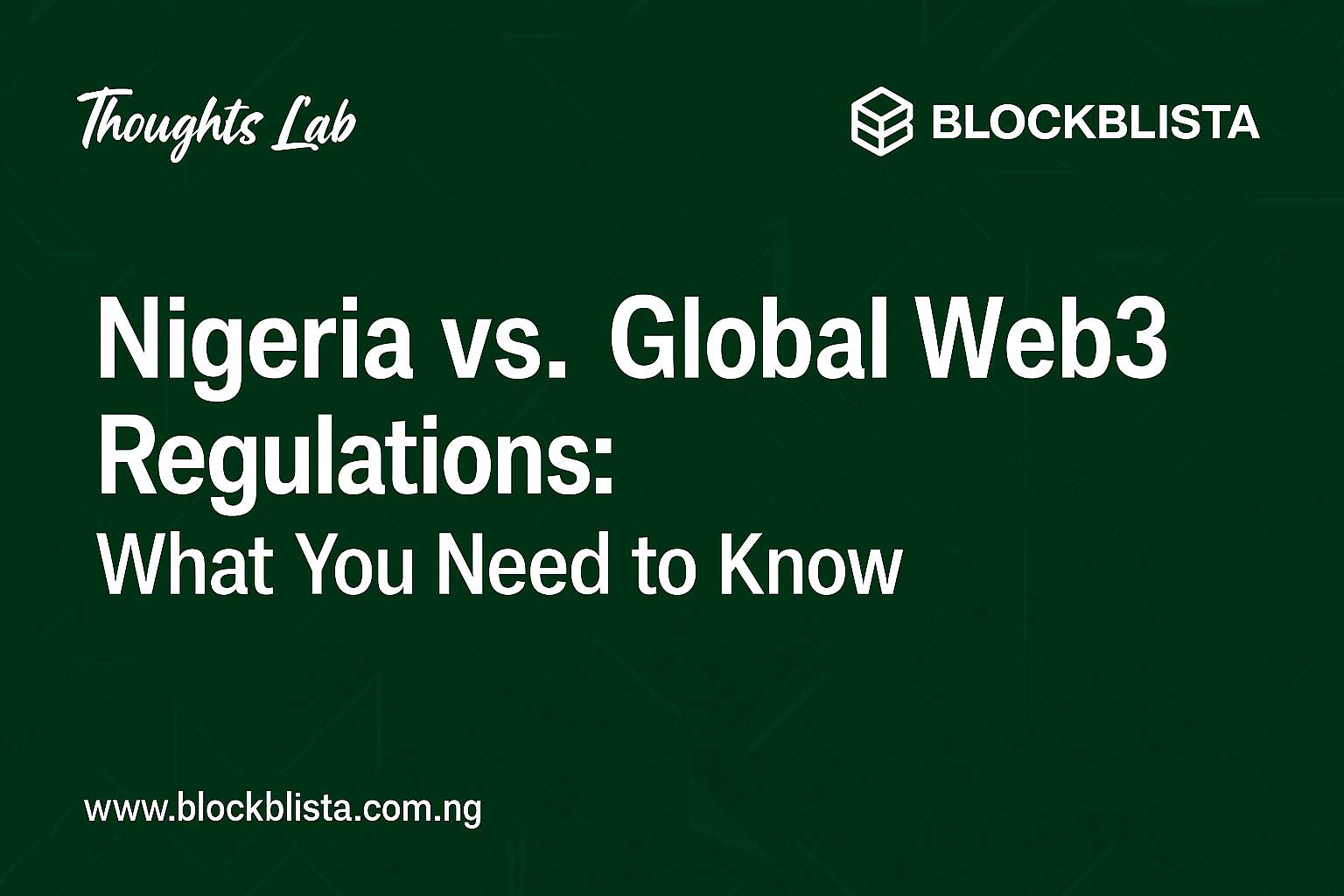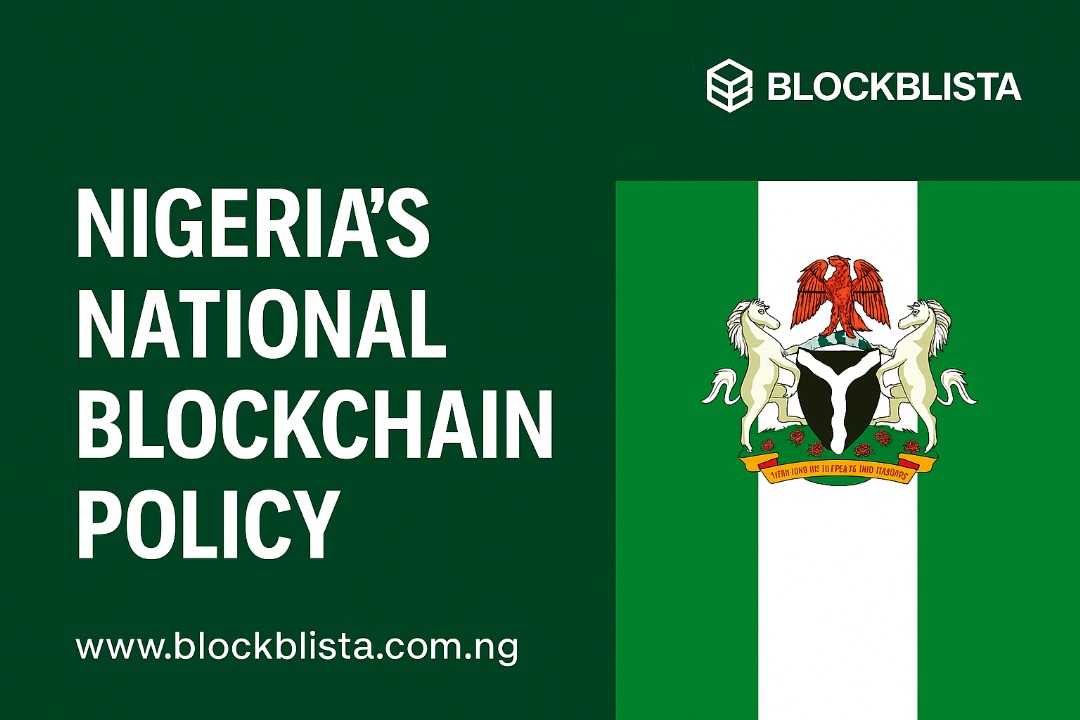Nigeria’s digital economy journey has been one of resilience. For years, the industry grew in uncertainty. Bank accounts were frozen, regulators sent mixed signals, and many founders had no idea which rules applied to them. Investors hesitated, yet adoption surged as Nigerians turned to crypto for remittances, savings, and daily transactions. That uncertain chapter is beginning to close. With the Investments and Securities Act (ISA) 2025 and the Nigerian Tax Administration Act (NTAA) 2025, the industry now has a clearer framework. The SEC’s authority has been codified, the Howey Test has been introduced into Nigerian law, and Virtual Asset Service Providers (VASPs) now face defined tax and compliance responsibilities. In this detailed article, our Managing Partner, Habeeb Gobir, traces the journey from the early days of regulatory confusion to the present framework, and sets out what VASPs need to understand in order to operate effectively in Nigeria’s evolving digital economy. 📄 Download the full article here 👇 https://drive.google.com/file/d/1BsbgSlQUNH4PxXLWmgGb93fd38kJJAkL/view?usp=drive_link
The NTAA and the Future of Crypto in Nigeria
From January 2026, Nigeria’s Tax Administration Act (NTAA) will take effect, and for the crypto and Web3 space, the landscape will shift in profound ways. Virtual Asset Service Providers (VASPs) that default on their tax obligations will face a ₦10 million penalty in the first month of non-compliance, ₦1 million for every subsequent month, and the possibility of suspension or revocation of licences by the Securities and Exchange Commission (SEC). The Act introduces a new standard of enforcement. Beyond paying taxes, VASPs are now expected to operate with the rigour of traditional financial institutions. They must report suspicious or large transactions, maintain accurate Know-Your-Customer (KYC) data, and keep detailed records for a minimum of seven years. This goes hand in hand with obligations under anti-money laundering frameworks and signals a more coordinated regulatory approach between tax authorities, the SEC, and the Nigerian Financial Intelligence Unit (NFIU). The implications are wide-ranging. Smaller operators may struggle with the cost of compliance infrastructure, from KYC systems to recordkeeping technology. Larger exchanges must consider how to align their Nigerian operations with global compliance strategies, especially as tax reporting becomes harmonised with cross-border regulatory standards. For users, transaction costs may rise as operators pass on compliance expenses. For investors, however, a properly regulated framework could reduce risk and unlock capital flows that were previously hesitant due to Nigeria’s regulatory uncertainty. It is also significant that the NTAA reframes how crypto is perceived. For years, the industry was seen primarily as a threat, linked to tax evasion, naira volatility, and financial crime. By embedding crypto firmly within the tax and regulatory architecture, the government is now recognising it as a legitimate part of the financial system. This is both a challenge and an opportunity. Operators who treat compliance as a strategic advantage rather than a burden will be better placed to attract partners, access capital, and expand sustainably. The months before 2026 offer a crucial window. This is the time to strengthen governance structures, integrate compliance tools, revisit shareholder and service agreements, and engage both tax and legal advisers. The NTAA is not a law to be managed reactively; it demands proactive planning and execution. ___________________ At Blockblista, our commitment is to help you stay ahead of these changes with clarity and confidence. This is not the time to wait and see. It is the time to act. Contact us today: blockblistaadvisory@gmail.com
Intellectual Property Rights and NFTs in Nigeria: Protecting and Enforcing IP Rights in the Burgeoning NFT Market
The growing popularity of Non-Fungible Tokens (NFTs) in Nigeria is reshaping how digital content is created, distributed, and monetized. From visual art and music to fashion and collectibles, creators are turning to NFTs to authenticate ownership and tap into global markets. Yet, this rapid evolution has outpaced traditional legal frameworks, raising urgent questions about how intellectual property (IP) rights are protected and enforced in this digital frontier. Without legal clarity, creators and platforms face risks of infringement, misappropriation, and disputes over digital ownership. Why It Matters NFTs represent a powerful tool for creators to assert control over their works, but they also open the door to new forms of IP violation. In Nigeria’s evolving Web3 landscape, the lack of robust enforcement mechanisms and clear licensing practices threatens to undermine trust in the NFT ecosystem. As tokenized assets gain traction, ensuring legal protection for creators is key to sustainable growth and innovation. What Counts as IP in the NFT Space? While NFTs are unique digital tokens, the value they carry typically stems from underlying IP, which may include: 1. Copyrighted digital artwork, music, and video 2. Trademarks, logos, or brand identities 3. Digitized fashion designs or 3D assets 4. Literary works, performances, or cultural expressions Critically, owning an NFT does not automatically transfer IP rights unless explicitly stated. This distinction is central to legal protections and the scope of use granted to buyers. Key Challenges in the Nigerian Context No Standardized IP Licensing for NFTs: Many NFT issuers neglect to define what rights are sold, leading to confusion and potential legal conflicts. Unauthorized Minting of Protected Works: Bad actors often tokenize content without the knowledge or consent of the original creators. Jurisdictional Complexity: IP enforcement is complicated when infringing parties operate from different countries or platforms. Limited Legal Awareness: Many NFT creators are unaware of their IP rights or how to enforce them within the current legal framework. Regulatory Outlook Nigeria’s current IP regime, including the Copyright Act and Trademarks Act, can be applied to NFT-related disputes, but there is no specific guidance tailored to tokenized assets. As the NFT market grows, stakeholders anticipate that regulatory bodies like the Nigerian Copyright Commission (NCC) may issue updated frameworks or adopt global best practices to fill the gap. What You Should Do Secure rights to all content before minting Include clear licensing terms in your smart contracts or NFT descriptions Register your works with relevant IP authorities in Nigeria Monitor platforms for infringing NFTs and take enforcement action when necessary Educate your team or community on IP ownership and best practices ******************************* How Blockblista Helps You Secure IP in a Tokenized Economy Legal reviews of NFT projects for IP compliance Drafting of enforceable licensing agreements Assistance with copyright and trademark registration Enforcement support against infringement or unauthorized minting The future of NFTs depends on a strong foundation of rights and protections. Let Blockblista help you build it. Need Legal Protection for Your project? Talk to us at Blockblista and protect your creativity from token to courtroom. ✉ contact@blockblista.com.ng
Data Privacy and Protection in Decentralized Networks: Addressing Data Protection Challenges within Nigeria’s Legal Framework
The rise of decentralized technologies like blockchain, DAOs, and Web3 protocols has revolutionized data storage and sharing. However, it also introduces complex legal questions about how personal data is processed and protected. In Nigeria, the Nigeria Data Protection Act (NDPA) 2023 governs data privacy, but its application to decentralized systems remains largely untested. Failing to align with evolving privacy laws can expose founders, DAOs, and Web3 ventures to regulatory risk, reputational harm, and investor backlash. What Counts as Personal Data in Web3? The NDPA defines personal data as any information relating to an identified or identifiable individual. In decentralized systems, this could include: Wallet addresses tied to individuals Metadata from dApp interactions Transaction logs stored immutably on-chain Biometric or KYC data collected for compliance Even pseudonymous or hashed data may still qualify as personal data if it can be traced back to an individual, which creates compliance obligations under Nigerian law. Key Challenges in Decentralized Networks No Central Data Controller: In DAOs or decentralized platforms, it’s hard to determine who is responsible for ensuring compliance. Right to Be Forgotten vs Immutability: Blockchain’s core feature; immutability, conflicts with NDPA rights like data erasure and correction. Cross-border Data Transmission: Nodes often store and replicate data across borders, raising questions about lawful international data transfers. Informed Consent: Obtaining clear, informed, and opt-in consent from users is difficult on-chain, especially when interactions are pseudonymous. Regulatory Outlook While the NDPA is technology-neutral, Nigeria’s Data Protection Commission (NDPC) has not yet issued specific guidance on decentralized systems. However, compliance expectations are rising, and regulators may eventually look to models like the EU’s GDPR for interpreting obligations. What You Should Do If you are building or operating in the Web3 or DeFi space in Nigeria, you should: Map out the types of data your protocol handles Identify whether and where personal data is stored or exposed Explore off-chain storage or privacy-enhancing technologies (e.g., zero-knowledge proofs, selective disclosure) Document your privacy practices—even if your network is decentralized Be proactive in developing a compliant user consent mechanism How Blockblista Helps You Stay Private and Compliant At Blockblista, we assist Web3 builders and DAOs in aligning their protocols with Nigerian and global data privacy expectations. Our support includes: Privacy Impact Assessments tailored for decentralized systems Smart contract reviews for data exposure risks Guidance on pseudonymization and zero-knowledge tech NDPA compliance strategies and documentation Cross-border data transfer planning Liaising with regulators on behalf of clients for advisory opinions Innovation should not come at the cost of legal risk. Let Blockblista help you embed privacy and compliance into your protocol from day one. Need Privacy-First Legal Guidance for Your Decentralized Network? Contact Blockblista to help you protect users and stay ahead of the law. ✉ contact@blockblista.com.ng
Navigating SEC Registration for Digital Asset Offerings: A Step-by-Step Guide for Compliant Token Issuers
If you are planning a digital asset offering, whether a utility token, NFT series, or DeFi product, you must consider how your project aligns with securities regulations. In Nigeria, the recent Investments and Securities Act (ISA) 2024 mandates that most digital asset issuers must register with the Securities and Exchange Commission (SEC). This mirrors trends across the globe, where regulators are increasingly treating token sales and offerings as securities subject to oversight. Why does it matter to register with SEC? The era of “launch first, figure out compliance later” is over. Issuing tokens without registering (or qualifying for an exemption) can trigger enforcement actions, fines, or even criminal liability. Registering with the SEC provides legal clarity, builds investor trust, and unlocks access to institutional capital and payment rails. In brief, below are some steps you can take to avoid pitfall: Step 1: Determine Whether Your Asset is a Security Ask: Would this token be considered a “security” under the law? In Nigeria, if your token: is sold with a promise of future returns, relies on the efforts of a central team, or is used for investment purposes, then it likely qualifies as a security and must be registered with the SEC. This mirrors the Howey Test used in the U.S. and aligns with EU and UK frameworks that assess the function and expectation behind a digital asset. Step 2: Prepare a Whitepaper/Prospectus That Meets SEC Disclosure Requirements This is your core document. It must include: A description of the project, technology, and team The purpose and mechanics of the token Risks associated with the investment Financial forecasts and use of proceeds Legal disclaimers NB: Transparency is critical. Misleading or vague information can lead to sanctions. Step 3: Register Your Offering with the SEC In Nigeria, SEC registration involves: Filing Form SEC 6 (Application Form for Registration of Digital Assets) Paying the prescribed fees Submitting required documentation (including whitepaper, legal opinion, AML/KYC policy, etc.) Awaiting SEC approval before public offering Exemptions (e.g., private placements or limited offerings) may apply, but these come with their own limits and reporting requirements. Step 4: Implement AML/KYC Compliance Infrastructure SEC requires token issuers to implement strong: KYC: Know Your Customer procedures, including identity verification AML: Anti-Money Laundering controls, including suspicious transaction reporting These obligations are not optional. Compliance is essential for both regulatory approval and user trust. Step 5: Ongoing Reporting and Compliance Registration does not end with approval. You must: File regular reports with the SEC Disclose material changes to the project or token Maintain transparent records of token issuance, distribution, and treasury movements Failure to comply can result in penalties or deregistration. How Blockblista Helps You Stay Compliant At Blockblista, we work with digital asset projects at all stages; from ideation to launch, to ensuring full regulatory compliance. Our services include: SEC registration strategy and documentation Drafting whitepapers, token legal opinions, and disclosures AML/KYC policy development International structuring for cross-border offerings Ongoing legal and compliance support We are here to help you launch with confidence and scale without fear of regulatory surprises. Ready to Launch Your Digital Asset Offering the Right Way? Let us guide you through it. Contact us at: ✉ contact@blockblista.com.ng
Nigeria vs. Global Web3 Regulations: What you Need to Know
If you’re building or investing in the Web3 space, you’ve probably noticed that every country seems to be taking a different approach to crypto and blockchain rules. As the industry matures around the world, the legal environment is evolving too. For anyone building, investing, or operating in Nigeria’s crypto and digital asset space, it’s more important than ever to understand where Nigeria stands compared to global leaders, and how this affects your own risk, growth, and compliance strategy. Nigeria’s Approch: Catching Up, Getting Clearer If you’re operating a crypto, NFT, DeFi, or Web3 project in Nigeria, you already know the journey hasn’t always been smooth. For years, the Central Bank of Nigeria (CBN) limited banks from engaging with crypto, creating uncertainty for founders and investors. Most activity moved to peer-to-peer (P2P) channels, and projects had to innovate with little regulatory guidance. But the landscape is changing fast. The National Blockchain Policy shows that the government sees real potential in blockchain for digital transformation and economic growth. The Investments and Securities Act (ISA) 2024 is an even bigger step: it officially recognizes virtual assets, including cryptocurrencies, NFTs, and tokens, as securities. This means digital asset businesses now fall under the Securities and Exchange Commission (SEC) for regulation, licensing, and compliance. What does this mean for you? If you run an exchange, offer tokens or NFTs, or operate a DeFi protocol, registration with the SEC is now required. You’ll need strong anti-money laundering (AML) and know-your-customer (KYC) practices, just like in the US or EU. Investor protection, transparency, and reporting standards will be enforced. Non-compliance comes with real risk: penalties, business disruption, or worse How Does Nigeria’s Model Compare to Other Countries? 1. United States: The US is home to both the SEC and the Commodity Futures Trading Commission (CFTC), each claiming authority over parts of the crypto market. Regulation is strict and enforcement is high-profile, but there’s still legal uncertainty for many products (especially new tokens, DeFi, and DAOs). US projects face high compliance costs but gain credibility and access to major markets. Key regulatory bodies includes: Securities and Exchange Commission (SEC): The SEC primarily regulates digital assets it deems to be “securities.” This includes many token sales, initial coin offerings (ICOs), and certain staking products. The SEC’s approach is often described as “regulation by enforcement,” meaning that rather than issuing comprehensive new laws, it brings legal actions against projects it believes are out of compliance. High-profile enforcement actions (against exchanges, token issuers, and even influencers) send a clear signal that the SEC takes a broad view of its authority in the space. Commodity Futures Trading Commission (CFTC):The CFTC claims oversight of digital assets it categorizes as commodities, such as Bitcoin and, in some cases, Ethereum. The CFTC’s focus is on derivatives trading (like futures and options) and the platforms that offer these products. This further complicates matters for projects that operate in both securities and commodities spaces. Other agencies like FinCEN (financial crimes), the IRS (tax), and state-level regulators also play a role, adding additional layers of compliance. Legal, compliance, and operational costs in the US are among the highest in the world for crypto projects. However, those who invest in compliance benefit from increased credibility and access to the world’s largest capital markets 2. European Union: When it comes to Web3 regulation, the European Union really sets the bar with its Markets in Crypto-Assets (MiCA) framework. MiCA is often called the “gold standard” because it creates one clear rulebook for all 27 EU countries. Whether you’re launching a crypto exchange, stablecoin, or any token project, you know exactly what’s expected—no guessing, no jumping through different hoops for each country. For anyone running a Web3 business, MiCA is a huge win. Get licensed in one EU country and you can operate across the entire region without extra paperwork that’s called “passporting,” and it makes expanding your project a whole lot easier. Plus, MiCA spells out exactly how to register, report, and protect your customers, so you have a clear checklist to follow. 3. United Kingdom: The UK takes a clear but flexible approach to Web3. If you’re running a crypto business there, you’ll need to register with the Financial Conduct Authority (FCA) and have strong anti-money laundering (AML) and customer protection systems in place. UK regulators pay close attention, especially as they expand their framework to cover things like stablecoins and other new asset types. One thing that stands out about the UK is how supportive it is of fintech and Web3 startups. The country’s “regulatory sandbox” lets projects test out new ideas with the regulator’s support, helping you work out any issue before a full launch. That means less risk of surprises down the road, and more chance for innovation to shine. If you’re building in the UK, you’ll get guidance, structure, and room to experiment, plus the credibility that comes from meeting some of the toughest compliance standards. It’s a solid place for founders who want to grow responsibly and get support while doing it. 4. Singapore & UAE: If you’re looking for places where the government actually supports Web3 growth, Singapore and the UAE are two of the top picks. Both countries have built reputations for being clear, structured, and innovation-friendly. Yes, you need a license to operate, but the process isn’t designed to block you, it’s there to help serious builders scale safely. In Singapore, the Monetary Authority of Singapore (MAS) offers detailed guidance and expects strong compliance (especially around AML and consumer safety), but they also leave room for new ideas. In Dubai, the Virtual Assets Regulatory Authority (VARA) is doing something similar where Web3 projects can launch with clarity and confidence. What makes both stand out is their open-door attitude. Regulators in these regions are known to engage directly with founders, offer regulatory sandboxes, and tweak rules in response to real feedback. So if you’re looking for a jurisdiction that takes Web3 seriously, and treats it like the future, not a fad,
Legal Status of Cryptocurrencies in Nigeria: What Businesses and Investors Need to Know
Over the years, the legal status of cryptocurrencies in Nigeria has seen a series of shifts, often leading to confusion for builders, investors, and everyday users. Although Nigeria remains one of the most active crypto markets globally in terms of adoption and trading volume, the regulatory environment has been anything but straightforward. So where do things stand now? Let’s break it down. CBN’s Position: A Ban or a Redirection? In February 2021, the Central Bank of Nigeria (CBN) issued a circular restricting banks and other financial institutions from dealing with or facilitating cryptocurrency transactions. This was widely interpreted as a ban, especially by crypto users who suddenly found their accounts closed or flagged for crypto-related activity. However, this was not a ban on crypto itself, it was a restriction on regulated financial institutions, not individuals or businesses holding or trading crypto through peer-to-peer (P2P) platforms. Crypto activity didn’t stop, it just moved further into the informal and P2P space. By December 2023, the CBN appeared to shift its stance. A revised circular lifted the restriction, allowing banks to open accounts for crypto service providers, provided they are licensed by the Securities and Exchange Commission (SEC) and meet strict compliance requirements. This marked a turning point and a recognition that cryptocurrency is here to stay. SEC’s Position: Recognizing Digital Assets as Securities Meanwhile, the Securities and Exchange Commission (SEC) took steps to bring clarity. In May 2022, the SEC released its Rules on Issuance, Offering Platforms and Custody of Digital Assets, recognizing certain cryptocurrencies and tokens as securities under Nigerian law. https://www.google.com/url?sa=t&source=web&rct=j&opi=89978449&url=https://sec.gov.ng/wp-content/uploads/2022/05/Rules-on-Issuance-Offering-and-Custody-of-Digital-Assets.pdf&ved=2ahUKEwjT7sKhztKMAxWfV0EAHf8YNbwQFnoECCEQAQ&usg=AOvVaw3aGsVeV5BttJd5dJ_etTh5 With the recently signed Investments and Securities Act (ISA) 2024, the SEC’s role has been strengthened. The Act officially expands the definition of “securities” to include virtual assets, meaning cryptocurrencies and digital tokens now fall squarely under SEC oversight. So, What’s the Legal Status Today? As it stands now: 1. Cryptocurrencies are not illegal in Nigeria. 2. They are regulated, especially when offered to the public as investment products, or when service providers operate exchanges, wallets, or custody services. 3. Any business offering crypto services is expected to register with the SEC and comply with applicable rules, including anti-money laundering (AML) and consumer protection standards. 4. Financial institutions can now work with crypto firms, provided those firms are duly licensed. What Does This Mean for You? For crypto founders and Web3 builders, this clarity is a signal to start building with regulation in mind. If you’re running an exchange, offering tokens, or launching a DeFi product in Nigeria, registration and compliance are no longer optional. For investors, it’s a welcome sign of maturity in the market. With regulatory oversight now clearly defined, investments in crypto and digital asset projects carry less legal uncertainty as long as those projects operate within the law. For traditional businesses, this opens the door to integrate blockchain and digital asset solutions with confidence especially in areas like payments, tokenized loyalty systems, and cross-border remittances. ************************************ At Blockblista, we help crypto and Web3 projects understand and navigate Nigeria’s legal and regulatory terrain. Whether you’re just starting out or already operating, we provide: Legal structuring and compliance advice SEC registration support for digital asset service providers Risk assessment and advisory on product offerings Legal documentation for token sales, NFTs, DAOs, and more _______________________ Let’s talk about where your project fits in this new regulatory environment. Email us contact@blockblista.com.ng
Nigeria’s National Blockchain Policy: What It Means for Web3 Innovators and Digital Asset Businesses
On May 3, 2023, Nigeria’s Federal Government approved the National Blockchain Policy, a significant move aimed at integrating blockchain technology into various aspects of the nation’s economic and security frameworks. This policy seeks to harness the potential of blockchain to promote innovation, boost the digital economy, enhance transparency, and create new employment opportunities. The National Blockchain Policy is a direct response to the growing interest in blockchain technology across sectors such as finance, education, health, agriculture, and security. It acknowledges the potential of blockchain to enhance transparency, improve efficiency, and drive economic growth. More importantly, the policy aims to provide a structured and friendly environment for Web3 startups, developers, investors, and other blockchain-based projects to thrive within Nigeria. A key aspect of the policy is its emphasis on promoting innovation and growth. The government intends to create an enabling environment where blockchain solutions can be developed and adopted across various sectors. Another important objective of the policy is to establish clear regulatory frameworks. The government aims to provide guidance and standards that will govern the use of blockchain technology in Nigeria. This includes ensuring that blockchain projects comply with existing data protection and financial regulations, such as the Nigeria Data Protection Act (NDPA) 2023 and the newly enacted Investments and Securities Act (ISA) 2024. With a clear regulatory structure, blockchain businesses can operate with confidence and avoid legal pitfalls. The National Blockchain Policy also seeks to enhance security and trust within the ecosystem. Additionally, the policy is expected to encourage research and innovation by supporting education and training initiatives that will help Nigerians develop essential blockchain skills. For digital asset businesses and Web3 innovators, this policy presents both opportunities and challenges. On one hand, the government’s commitment to promoting blockchain technology provides a solid foundation for growth. With more clarity around regulations, Web3 projects can gain credibility, attract investment, and access broader markets. On the other hand, compliance requirements are likely to increase as blockchain adoption grows, necessitating careful attention to legal obligations. You can access the policy here: https://nitda.gov.ng ******************************* At Blockblista, we understand the implications of Nigeria’s National Blockchain Policy for Web3 founders, digital asset businesses, and blockchain innovators. Our goal is to help you navigate this evolving landscape by providing practical legal guidance, compliance support, and strategic planning. Whether you are launching a new blockchain project or looking to expand your operations in Nigeria, we can help you align your innovation with the government’s vision for blockchain adoption. The approval of the National Blockchain Policy marks a significant turning point for Nigeria’s digital asset ecosystem. As the country continues to embrace blockchain technology, projects that understand and align with the policy’s objectives are more likely to succeed. At Blockblista, we are here to help you make the most of this new opportunity. 📩 Reach out to us at: contact@blockblista.com.ng to learn how we can support your blockchain journey in Nigeria.
Client Alert: Impact of the Investments and Securities Act 2024 on Digital Asset Operators in Nigeria
On March 29, 2025, President Bola Tinubu signed the Investments and Securities Act (ISA) 2024 into law, replacing the old 2007 Act. This new law brings some big changes for digital asset operators, especially those working with cryptocurrencies, NFTs, DeFi, and other blockchain-based assets. So, What is New? Digital Assets Are Officially Recognized The new Act now considers virtual assets like cryptocurrencies, NFTs, and tokenized assets as “securities.” This means they are officially under the watchful eye of the Securities and Exchange Commission (SEC). So, if you are running a crypto exchange, NFT marketplace, DeFi protocol, or offering tokens, you have got to follow the rules to stay on the right side of the law. Licensing and Registration Are Now Mandatory Yes, it is official. If you are operating a digital asset business in Nigeria, you are expected to register with the SEC before launching. This applies to everyone from crypto exchanges and wallet providers to DeFi platforms and NFT projects. Expect More Oversight and Penalties for Non-Compliance The SEC is not just watching from the side-lines. They have the power to enforce compliance with the new law. And if you are found violating the Act, like operating without proper registration or misleading investors, you could face serious fines or even imprisonment. So, it is better to play by the rules. Infrastructure Standards Are Now A Thing If you are running an exchange or a trading platform, the new law requires you to maintain solid infrastructure for trading, settlement, and asset storage. This aligns Nigeria’s framework with international standards, making the market safer and more reliable for everyone. What Does This Mean For You? The Investments and Securities Act 2024 is a big step towards regulating Nigeria’s expanding digital asset space. It brings clarity to the table, but also new responsibilities for anyone running a Web3 or digital asset business in Nigeria. We know this sounds like a lot to process. But do not worry, that is what we are here for. At Blockblista, we help Web3 founders, crypto startups, NFT creators, and digital asset businesses navigate Nigeria’s evolving regulatory landscape. From getting your business registered and compliant to managing investor relations and avoiding penalties, we have got your back! Want to chat about how these changes affect your business? Reach out to us! 📩 contact@blockblista.com.ng
CLIENT ALERT: NIGERIAN GOVERNMENT INTRODUCES TAXES ON CRYPTO AND DIGITAL ASSETS
If you trade, hold, or build in crypto, this affects you! The Nigerian government is set to introduced a new tax rules for digital assets, including cryptocurrencies, NFTs, and tokenized assets. This means that individuals, traders, and Web3 businesses may now have to pay taxes on crypto transactions. The changes are part of the Finance Act, 2023 which aims to regulate digital assets like crypto under Nigeria’s tax laws. While enforcement is still evolving, it’s important for everyone in the Web3 space to understand how these rules might impact them. What’s Changing? The Nigerian government is looking to formalize taxation for crypto transactions, which means profits made from buying and selling crypto may now be subject to Capital Gains Tax (CGT). This means that if you sell your crypto for a profit, you might owe a percentage of that profit to the government. For businesses operating in the Web3 and blockchain space, there may soon be requirements to report digital asset transactions for tax purposes. Exchanges, NFT marketplaces, and token projects could be required to comply with financial reporting regulations to ensure transparency. One of the biggest concerns is the potential penalties for non-compliance. While these tax laws are still developing, ignoring them could result in fines or restrictions in the future as Nigerian authorities increase oversight on crypto platforms and digital asset businesses. How This Affects You If you are a crypto trader or investor, you may need to pay Capital Gains Tax (CGT) on any profits from selling crypto assets. This means keeping track of all your crypto trades and earnings is now more important than ever. For Web3 startups and blockchain businesses, compliance with tax laws may become necessary. If your project involves token sales, staking rewards, NFTs, or DeFi transactions, you should be prepared for potential tax obligations in Nigeria. Even NFT creators and collectors may be affected, as profits made from selling NFTs could fall under the category of taxable digital assets. If you create or trade NFTs, you should start keeping records of your transactions to avoid surprises when tax enforcement begins. What You Can Do Next Stay Informed: The tax landscape for crypto in Nigeria is still evolving. Web3 businesses and investors should follow regulatory updates to avoid compliance issues. Keep Records of Crypto Transactions:Tracking your crypto trades, earnings, and NFT sales will be essential for future tax filing and financial reporting. Consult a Legal or Tax Expert: If you are running a Web3 startup or crypto business, getting professional legal advice now can help you avoid penalties and ensure compliance with Nigerian regulations. At Blockblista, we specialize in helping Web3 projects, investors, and businesses in Nigeria navigate the evolving legal and tax landscape. If you need guidance on how these tax rules apply to your crypto activities or Web3 project, we’re here to help. Contact us directly via: 📩 contact@blockblista.com.ng
